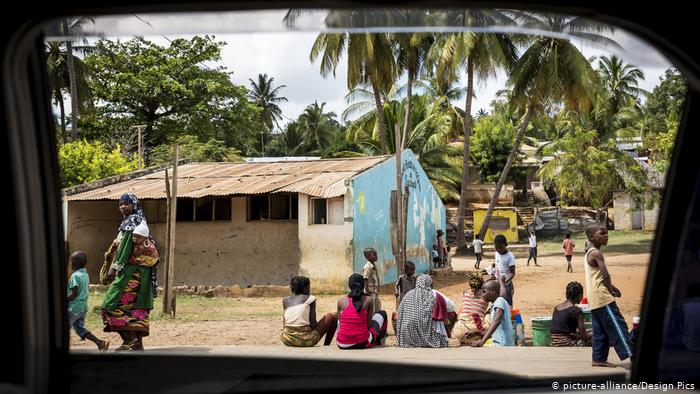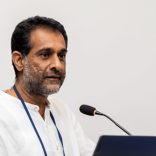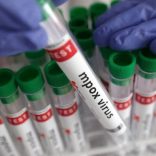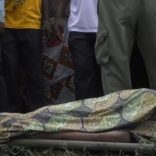Mozambique: Ilesh Jani is the new chair of the Global Task Force on Cholera Control Steering ...
Cabo Delgado: “A broader agrarian strategy is needed”

File photo: DW
- In an interview with DW Africa, Carlos Muianga, a researcher at the Institute of Social and Economic Studies of Mozambique (IESE) argues that agrarian transformation in the north of the country could combat the enticement of young people by terrorists. [You may read IESE’s paper by Carlos Muianga “Agrarian transformation in Northern Mozambique: A “new” dimension of research in light of the conflict and violence in Cabo Delgado?” HERE]
Muianga stresses that poverty and the lack of alternatives for youth development in the north of the country may be being used by terrorists to entice young people, and for that “an agrarian transformation is needed”.
DW Africa: What would an agrarian transformation mean in northern Mozambique?
Carlos Muianga: When I talk about agrarian transformation, it is in the sense of thinking about the transformation of the rural environment, including political, economic and social dynamics, as a way to stop the evolution of the conflict.
Using the dynamics of inequalities, poverty and unemployment in rural areas to recruit, for example, more young people who are interested, in some way, in changing their level of income, and who usually enter into the conflict.
It would be in this perspective. It is necessary to understand this in order to better deal with the advance or with the conflict’s own dynamics, as the [armed] groups end up using these types of weaknesses in rural areas to gain more relevance and support.

DW Africa: How would this transformation be done?
CM: There are several elements in the transformation. First, it is [necessary] to note what kind of production we want, and which is capable of improving the population’s well-being. In this case, we want a type of production that is capable of generating employment, but not only that. That provides decent jobs and help people to improve their living conditions. It is necessary to have a broader agrarian strategy that focuses on fundamental issues that include not only agriculture, but other types of economic activities, such as industry itself in rural areas.
DW Africa: Is it necessary to redistribute wealth?
CM: That’s exactly it. The redistribution of wealth, but not in the sense of taking the money that big projects generate and distributing it to the population. Rather, the distribution of wealth towards productive investment in the rural economy. Using the earnings of large projects to redistribute, through investment, agricultural production. For example, through investments in social and economic infrastructure in rural areas.
DW Africa: Is this transformation a means to reduce regional asymmetries, which may be behind the ease with which young people are lured into joining terrorist groups?
CM: Certainly that, but it is also necessary to think about the existing production mechanisms in rural areas. I’m not just talking about small agricultural production, but large investment projects, both in mineral resources and in agriculture itself. Also, the type of conflict, the problems, and the way these projects operate.













Leave a Reply
Be the First to Comment!
You must be logged in to post a comment.
You must be logged in to post a comment.